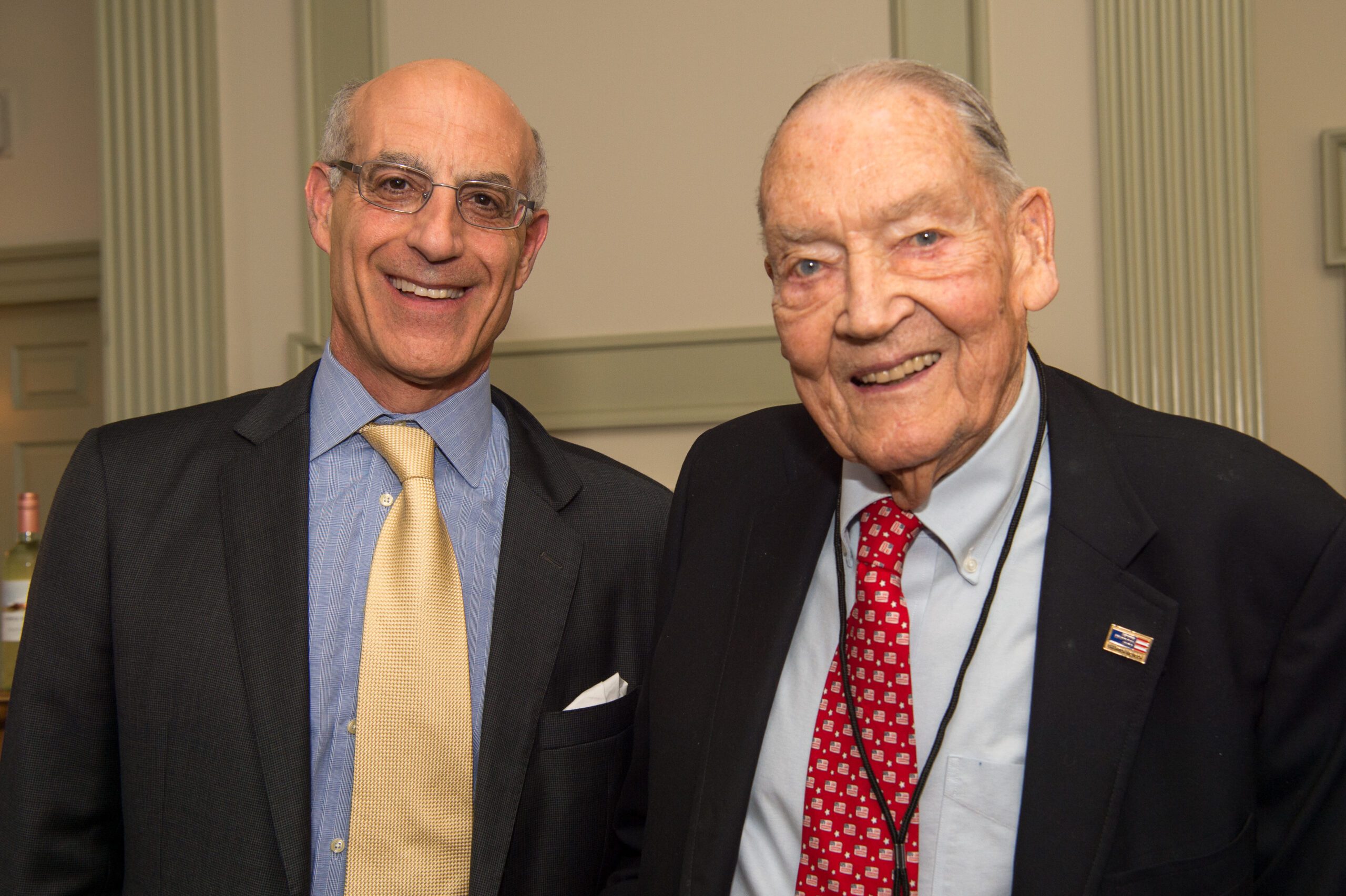
“Legacy” is a loaded word. It suggests principles and ideals that will outlive one generation and guide the next. For parents, even those who are engaged, the journey often requires letting go and allowing children to make mistakes and learn.
When reflecting on legacy and the knowledge that fosters success and happiness, one figure comes to mind: the late John Bogle, founder of Vanguard.
Meeting John Bogle in person at an investor education event remains a profound memory. Warm, friendly, and open to ideas, he was both a mentor and a father figure to many in the financial advising industry.
The work of Rebalance draws heavily from his example at Vanguard and the decades of thought leadership from Burton Malkiel and Charley Ellis. Both Malkiel and Ellis serve on the investment committee of the firm today.
The guiding principle that Bogle, Malkiel, and Ellis consistently demonstrated is that investing succeeds when kept simple. A timeless concept from Bogle is to “stay the course.”
In the Financial Analysts Journal, Bogle wrote:
“Impulse is your enemy. Eliminate emotion from your investment program. Have rational expectations for future returns, and avoid changing those expectations in response to the ephemeral noise coming from Wall Street. Avoid acting on what may appear to be unique insights that are in fact shared by millions of others.”
This advice resonates as powerfully today as it did during his remarkable career, from a humble Princeton University thesis in 1951, through the founding of “the Vanguard experiment” in the 1970s, to his industry leadership until his passing in 2019.
The latest Morningstar report on active vs. passive investing serves as a reminder of his teachings. While the report headlines an “improvement” in active fund returns, the data tells a different story.
From the report:
“The overall long-term track record for active funds is subpar. About 29% of them survived and beat their average indexed peer over the decade through June 2024. Success rates were generally higher among foreign-stock, real estate, and bond funds and lowest among US large-cap strategies.”
The concept of “survival” is critical. When a mutual fund underperforms, investors withdraw their money. Fund companies often merge underperforming funds into others performing better at the time, effectively erasing the poor performers from the record. Managers are reassigned, and the fund’s failure is quietly forgotten.
Consider this scenario as a horse race. If losing horses were allowed to leave the track halfway through, it would skew the competition. This happens regularly in the active management mutual fund business.
Over a 20-year period, the statistics become even starker. For large U.S. blended stock funds, the kind that often holds the majority of retirement savings, only 11.1% succeeded in outperforming their benchmark index as of June 2024. Nearly 9 out of 10 failed.
Even among smaller asset classes, such as U.S. mid-cap value funds, the success rate over 20 years was just 36.8%. This means that nearly two-thirds of funds either failed to outperform the index or closed altogether.
Returning to the horse race analogy, investors are left to choose between a horse leading the field and several others that are likely to lose, with some leaving the race entirely.
Bogle’s wisdom to avoid impulse, eliminate emotion, and ignore noise is timeless. His generosity in sharing these principles has profoundly impacted millions of savers and investors.
Rebalance is driven by these enduring principles, which shape the firm’s approach to working with clients. The opportunity to meet and learn from Bogle remains an unforgettable moment, a memory that continues to inspire.




